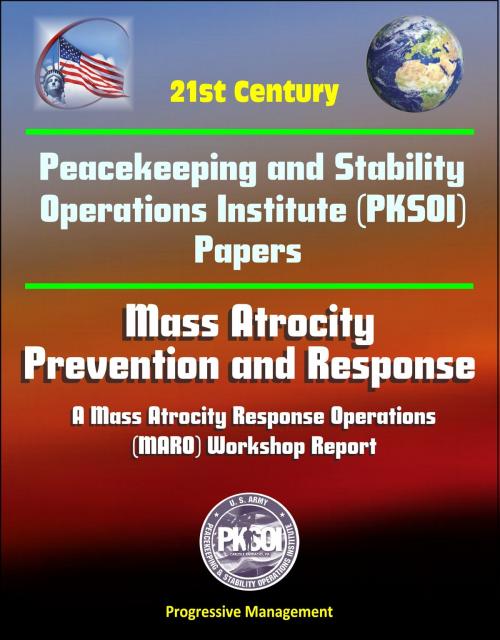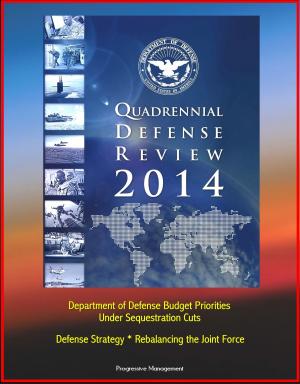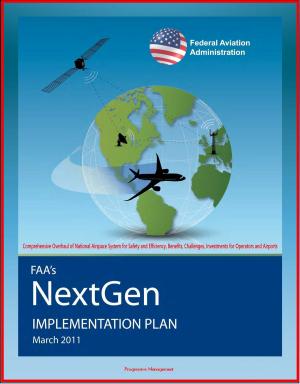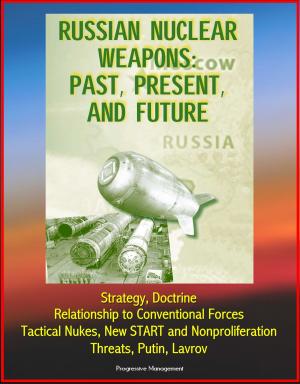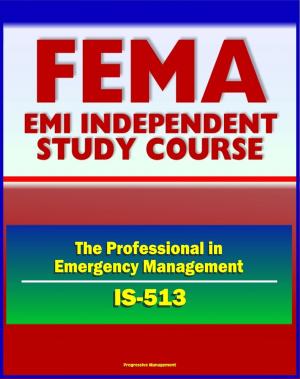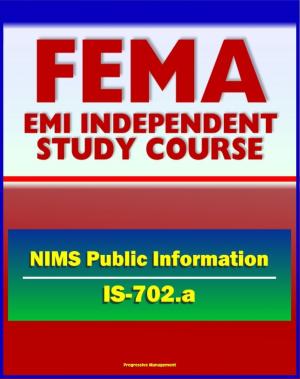21st Century Peacekeeping and Stability Operations Institute (PKSOI) Papers - Mass Atrocity: Prevention and Response - A Mass Atrocity Response Operations (MARO) Workshop Report
Nonfiction, History, Military, United States| Author: | Progressive Management | ISBN: | 9781310824944 |
| Publisher: | Progressive Management | Publication: | November 29, 2013 |
| Imprint: | Smashwords Edition | Language: | English |
| Author: | Progressive Management |
| ISBN: | 9781310824944 |
| Publisher: | Progressive Management |
| Publication: | November 29, 2013 |
| Imprint: | Smashwords Edition |
| Language: | English |
In December 2010, the U.S. Army Peacekeeping and Stability Operations Institute (PKSOI) and the Harvard Kennedy School's Carr Center for Human Rights Policy co-hosted a workshop on Mass Atrocity Response Operations (MARO). The event followed the earlier publication of the MARO Military Planning Handbook, and was attended by 85 people from a diverse range of organizations. The workshop featured presentations by Sarah Sewall, Dwight Raymond, Mike McNerney, Alison Giffen, Linda Bishai, Tim Shortley, Stephen Mariano, Victoria Holt, James Waller, Sally Chin, and Rosa Brooks; additionally, it included breakout discussion groups on the following topical areas: Policy; Intelligence; Operations; Logistics; Comprehensive Engagement; and Moral, Ethical, & Legal Issues.
Three major themes emerged from the workshop; these included the "Inchoate Middle Ground" between mass atrocity prevention (primarily a diplomatic endeavor) and response (primarily military). The second theme pertained to the utility of MARO as an Instrumental Vehicle to facilitate cross-organizational dialogue on functional issues such as inter-agency coordination or logistics. Third, Information Management and Policy Formulation was frequently referred to as an area requiring additional development and structure, to ensure that relevant information is effectively presented to policy makers.
The workshop included a panel discussion on South Sudan. Panelists noted that in addition to the potential for violence associated with the January 9th secession referendum, another period of concern will be when the Comprehensive Peace Agreement expires in July 2011. In addition to possible mass atrocities related to North-South issues (e.g., Abyei), South-South conflict between tribal and other groups, and the Lord's Resistance Army's resurgence in South Sudan, we should also be concerned about southern minorities in the North and vice-versa. Additionally, the Bashir government could potentially be displaced by hardliners who would prove even more problematic.
Results of the six breakout working groups are summarized in this report. Future MARO-related efforts include the development of a companion policy formulation handbook, a Protection of Civilians manual with application for international organizations and national militaries, and potential collaboration with organizations such as NATO, continued testing and exercising within U.S. combatant commands and the interagency community, and further exploration of both "kinetic" and "non-kinetic" Flexible Deterrent Options.
In December 2010, the U.S. Army Peacekeeping and Stability Operations Institute (PKSOI) and the Harvard Kennedy School's Carr Center for Human Rights Policy co-hosted a workshop on Mass Atrocity Response Operations (MARO). The event followed the earlier publication of the MARO Military Planning Handbook, and was attended by 85 people from a diverse range of organizations. The workshop featured presentations by Sarah Sewall, Dwight Raymond, Mike McNerney, Alison Giffen, Linda Bishai, Tim Shortley, Stephen Mariano, Victoria Holt, James Waller, Sally Chin, and Rosa Brooks; additionally, it included breakout discussion groups on the following topical areas: Policy; Intelligence; Operations; Logistics; Comprehensive Engagement; and Moral, Ethical, & Legal Issues.
Three major themes emerged from the workshop; these included the "Inchoate Middle Ground" between mass atrocity prevention (primarily a diplomatic endeavor) and response (primarily military). The second theme pertained to the utility of MARO as an Instrumental Vehicle to facilitate cross-organizational dialogue on functional issues such as inter-agency coordination or logistics. Third, Information Management and Policy Formulation was frequently referred to as an area requiring additional development and structure, to ensure that relevant information is effectively presented to policy makers.
The workshop included a panel discussion on South Sudan. Panelists noted that in addition to the potential for violence associated with the January 9th secession referendum, another period of concern will be when the Comprehensive Peace Agreement expires in July 2011. In addition to possible mass atrocities related to North-South issues (e.g., Abyei), South-South conflict between tribal and other groups, and the Lord's Resistance Army's resurgence in South Sudan, we should also be concerned about southern minorities in the North and vice-versa. Additionally, the Bashir government could potentially be displaced by hardliners who would prove even more problematic.
Results of the six breakout working groups are summarized in this report. Future MARO-related efforts include the development of a companion policy formulation handbook, a Protection of Civilians manual with application for international organizations and national militaries, and potential collaboration with organizations such as NATO, continued testing and exercising within U.S. combatant commands and the interagency community, and further exploration of both "kinetic" and "non-kinetic" Flexible Deterrent Options.
